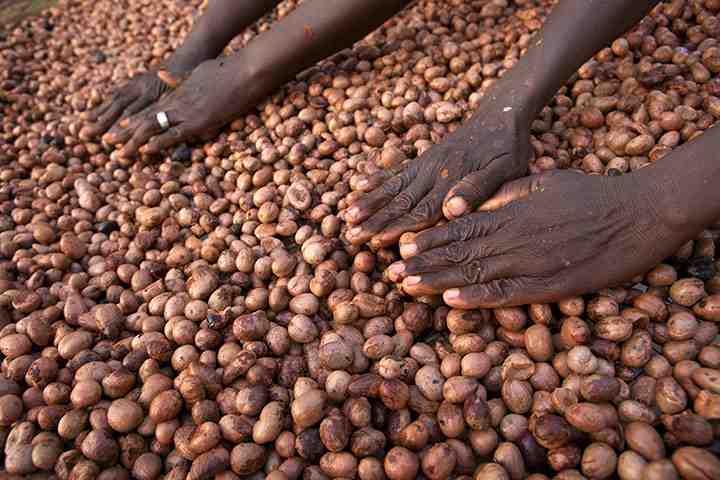The Ghana Exim Bank has committed GH¢10 million to support stakeholders in the value chain as part of the first phase of its Shea Empowerment Initiative.
The Initiative is aimed at providing economic empowerment to women shea collectors, processors and cosmetic producers engaged in the Shea value chain.
Mr Lawrence Agyinsam, the Chief Executive Officer, Ghana Exim Bank, speaking at the stakeholder’s meeting on Shea Empowerment Initiative, said the bank would train 400 women in Shea Processing in four Districts in the Northern, Upper East and Upper West Regions.
He said the Bank in collaboration with the Samaria Empowerment and Humanitarian Project on the initiative would provide safety tools to 1,200 Shea collectors in the Northern Sector for safe Shea collection and also provide four furnished Shea Processing Centres in the four Districts.
“We will also provide capacity building and financing for final processors (Shea Cosmetic Producers),” he added.
The CEO expressed the belief that the partnership with Samaria Empowerment and Humanitarian Project would go a long way to ensure the successful execution of the initiative.
Mr Agyinsam said these women would among other things receive a hunter’s lamp, safety boots, gloves, snake vaccine; which have been purchased and would be distributed to four district hospitals.
In addition, he said, the Bank would provide five tricycles and fifteen drying platforms.
He said further, 13 Shea-Butter-based Product manufacturers would be competitively selected to receive working capital to buy Shea from one of the four Processing Centres thereby ensuring business expansion and Funding to participate in International Trade.
He said the two partners looked forward to ensuring that 1,600 women received training to build capacity and enhance skills, which would increase value-addition of Shea and increase export of the commodity to be a catalyst for wealth creation.
Mr Bright Darko, Head of Projects and Business Development on Shea Empowerment Initiative, said some of the challenges facing the Shea industry includes; access to market, access to technology, packaging, quality standards and certification.
He said the initiative was one of the Bank’s Grass Root Initiative Development (GRID), which sought to provide capacity building and financing to sectors that were strategic to the development of rural economies of the country.
He said under the GRID, rural communities would receive support critical to their development.
He said the Shea industry provided the largest employment for women in the regions, with potential of transforming the economy of the North with appropriate financing.
Mr Darko said the key success factor of the initiative included prompt disbursement of funds, access to market, strong and continue linkage between the three-value chain, development and implementation of a strong sustainability plan and the initiative must be private sector led.
Mr Aaron Adu, Managing Director, Global Shea Alliance, said on the initiative the Alliance would be providing advisory role in the areas of the establishment of the processing centres, capacity building and market linkage.
“We will also produce best practices manual as part of the initiative,” he added.
He said 16 million women were involved in the collection and processing of Shea, indicating that the country exports approximately 70,000 ton per annum.
He said as part of their work, they focused on market expansion, policy advocacy and sustainability impact.
Nana Ama Yankah, CEO of Naya Naturals Limited, commended the Management of the parties for initiating the project to support the actors in the Shea Value-Chain.
Credit: GNA


